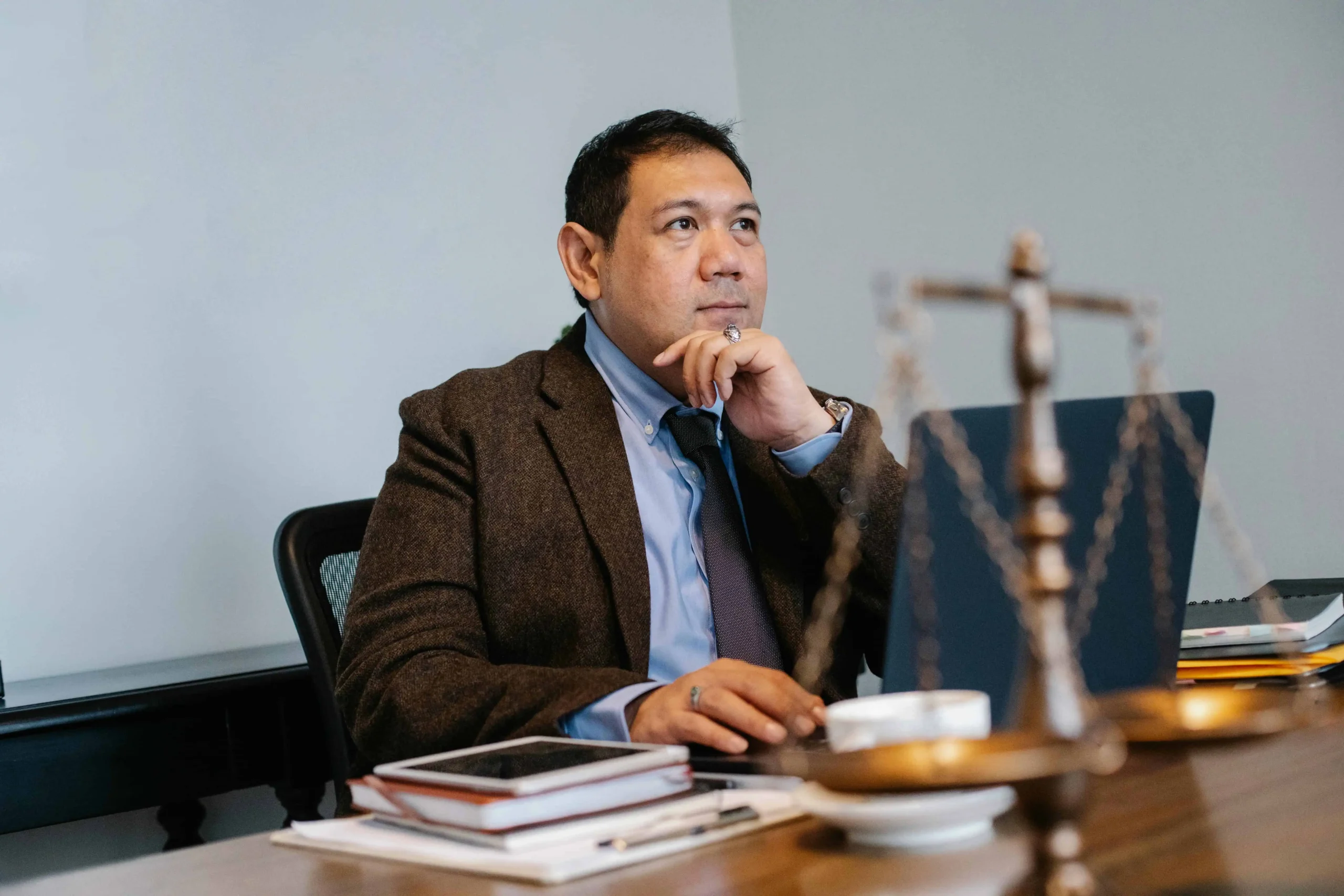El Paso, Texas, is a vibrant border city shaped by cultural richness and diversity. As a gateway between the U.S. and Mexico, it is also a focal point for immigration issues. Families, businesses, and individuals navigating the complex U.S. immigration system often face legal obstacles that require professional guidance. This is where immigration laws in El Paso step in—ensuring justice, protecting rights, and helping people achieve their immigration goals.
This article explores the crucial role immigration lawyers play in El Paso’s diverse community, the services they provide, and their lasting impact on families and society.
The importance of immigration laws in El Paso
El Paso is more than a geographic location—it’s a crossroads of traditions, languages, and identities. Its border status means that immigration is part of daily life, with both opportunities and challenges. Immigration lawyers here are not just legal advisors; they are advocates and problem-solvers who provide lifelines for people facing some of the toughest moments of their lives.
Border dynamics create unique challenges for immigrants and their families.
- Policy changes: Cities like El Paso often experience new immigration rules first—such as asylum restrictions or expedited removal.
- High case volume: Local courts process thousands of immigration cases annually, leading to delays and backlogs.
- Cross-border lives: Families and workers often move between El Paso and Ciudad Juárez, requiring legal solutions that account for life in two countries.
Example: A family living in Mexico but with children studying in El Paso may need a lawyer’s help to secure visas and maintain legal status.
Defending vulnerable populations
immigration laws in El Paso often represent asylum seekers, unaccompanied minors, victims of trafficking, and undocumented immigrants.
- Asylum cases: Preparing applications, gathering evidence, and providing court representation.
- Humanitarian visas: Assisting with U and T visas for crime and trafficking victims.
- Child protection: Helping minors navigate the system and reunite with family.
By defending vulnerable groups, lawyers foster fairness and strengthen the community.
Family reunification services
Keeping families together is one of the most impactful aspects of immigration laws in El Paso.
- Spousal & parent visas: Helping U.S. citizens and residents sponsor close relatives.
- Fiancé(e) visas (K-1): Guiding couples through the process to marry in the U.S.
- Status adjustments: Helping undocumented family members legalize their status.
Example: A U.S. citizen in El Paso can rely on a lawyer to sponsor their parents in Mexico, ensuring family unity.
Representation in deportation proceedings
Deportation is one of the most stressful challenges immigrants face. El Paso, with its detention centers and immigration courts, sees thousands of such cases every year.
Why lawyers matter:
- They handle motions, evidence, and hearings that can be overwhelming without legal support.
- Representation greatly improves the chances of success in court.
- Attorneys also provide emotional support to families under extreme stress.
Example: An undocumented worker may avoid deportation through cancellation of removal, thanks to skilled legal defense.
Bridging cultural and language gaps
El Paso’s bilingual and bicultural environment makes cultural understanding critical. immigration laws in El Paso often provide:
- Bilingual services so clients fully understand their legal options.
- Cultural sensitivity in addressing family and community needs.
- Community engagement through nonprofits, advocacy groups, and legal clinics.
Advocating for policy change
Beyond individual cases, many immigration laws in El Paso work to influence broader immigration reform.
- Providing pro bono legal clinics.
- Partnering with nonprofits to expand access to justice.
- Lobbying for fairer immigration policies and reduced backlogs.
This advocacy strengthens both families and the city as a whole.
Services immigration laws in El Paso offer
immigration laws in El Paso provide a wide range of services tailored to family, business, and humanitarian needs.
- Family-Based Immigration: Spousal, parent, and fiancé(e) visas.
- Employment-Based Immigration: Work visas (H-1B, L, O), investor visas, and labor certifications.
- Deportation Defense: Strategies such as asylum, cancellation of removal, and status adjustment.
- Citizenship & Naturalization: Preparing permanent residents for citizenship.
- Humanitarian Relief: Asylum, refugee claims, U visas, and T visas.
Table: Key immigration lawyer services in El Paso
| Service | Description | Impact |
|---|---|---|
| Family-Based Immigration | Sponsoring spouses, children, parents, or fiancé(e)s | Keeps families united and stable |
| Employment-Based Immigration | Assisting with skilled worker and investor visas | Supports business growth and global talent |
| Deportation Defense | Representation in removal proceedings | Protects individuals from unjust deportation |
| Asylum & Refugee Applications | Helping those fleeing persecution | Provides safety and new opportunities |
| Citizenship & Naturalization | Guiding permanent residents to U.S. citizenship | Strengthens civic participation and community ties |
FAQs: immigration laws in El Paso
1. Do I need an immigration lawyer to apply for a visa?
Not required, but legal guidance increases success rates and avoids costly mistakes.
2. How much do immigration laws in El Paso charge?
Costs vary by case type. Some lawyers charge flat fees, while others bill hourly. Many offer payment plans or work with nonprofits.
3. Can a lawyer help with deportation cases?
Yes. Representation significantly improves outcomes in removal proceedings.
4. What should I look for when hiring a lawyer?
Experience, clear communication, good client reviews, and transparent fees.
5. How long does immigration processing take?
Timelines vary by case type and backlog—anywhere from months to years.
Conclusion: The impact of immigration laws in El Paso Paso
immigration laws in El Paso are more than legal representatives—they are advocates for families, businesses, and communities. By guiding clients through visas, defending against deportation, and supporting citizenship journeys, they strengthen El Paso’s diverse social fabric.
For individuals and families navigating the immigration process, having a trusted attorney can make the difference between uncertainty and stability, separation and reunification, or denial and opportunity.
In El Paso, immigration lawyers are not just legal experts—they are protectors of families and champions of justice.




